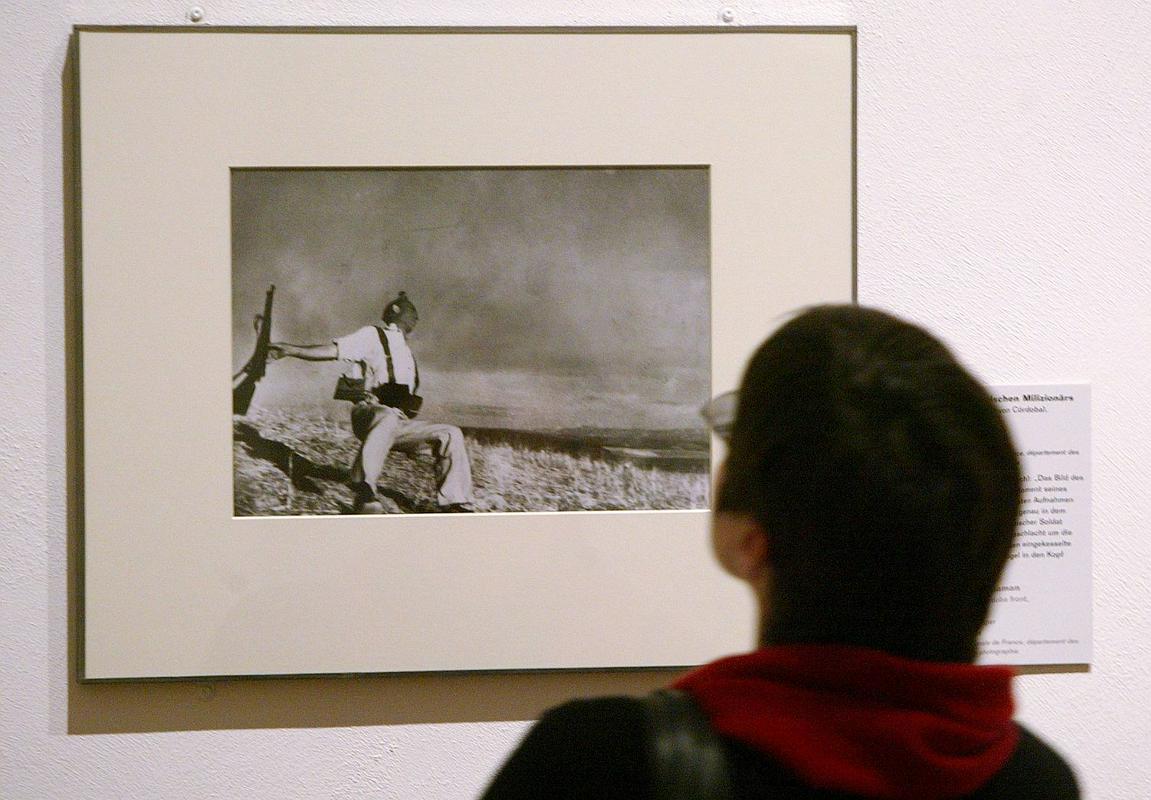
When the Spanish Civil War broke out in 1936, the conflict captured the attention of the world and inspired such legendary works as Hemingway’s For Whom the Bell Tolls and Picasso’s Guernica. Various countries sent volunteers to participate in the war, and more than 500 Slovenians were among those who fought on the side of the Republicans.
Some of the Slovenians who went to Spain were card-carrying Communists – the Communist Party was a chief organizer of the campaign --, by others were simply determined to stand up against the rise of Fascism in Europe. About half came from what was then Yugoslavia; the others were mostly ethnic Slovenians from Mussolini’s Italy, many of whom had experienced Fascist persecution first-hand. They headed for Spain illegally and had a difficult time reaching Span; a number were detained along the way. Most of them were from the working class, but some were students and intellectuals.
For the most part, the Slovenian soldiers joined the International Brigades, who were organized to support the besieged Republican government. The Brigades were fighting against Fascists, monarchists, and other conservatives led by Francisco Franco. They faced difficult conditions, including a betrayal by Stalin, who was determined to have only Communist hardliners in high-ranking positions and persecuted those whom he considered politically unreliable. Of the Slovenians, almost half ended up dying in Spain.
In 1939, the war ended with a defeat of the Republican side. After many months, Slovenian fighters were finally allowed to return home. Because they had valuable battlefield experience, most joined the Partisan resistance when Yugoslavia was occupied by the Axis Powers in 1941. They tended to be respected by their peers, but many died in battle, and only 95 were still alive by the end of World War II.
Today, several streets and a cultural center are named in honor of the Slovenian fighters in the Spanish Civil War. These are among the rare reminders of men who fought for their cause in a remote part of Europe – and from where many never came home.
Jaka Bartolj

































































